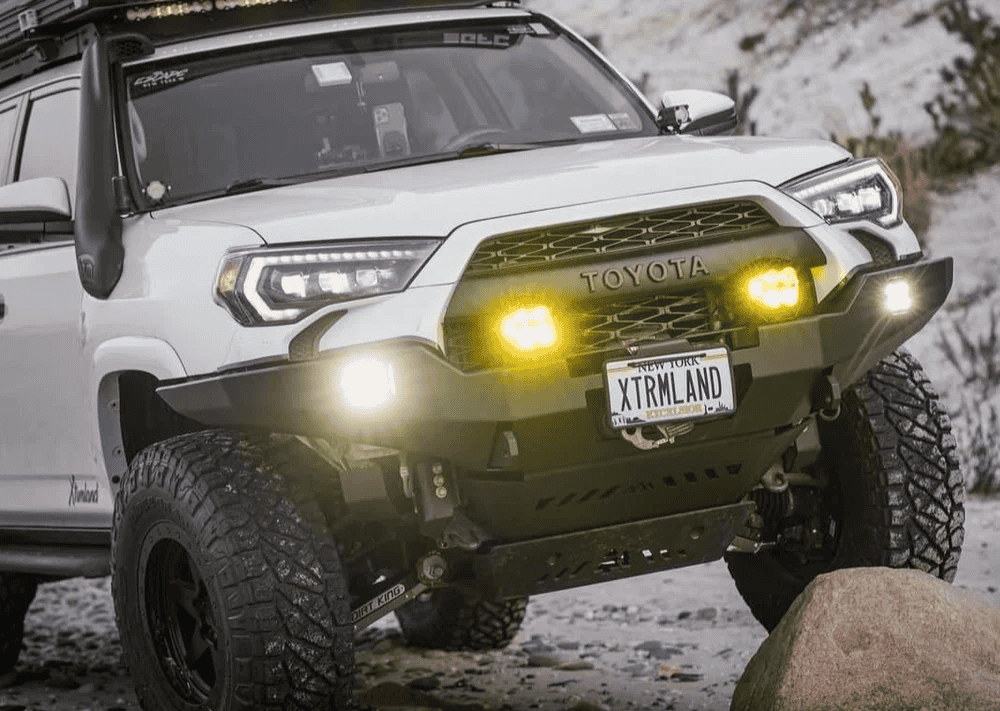Overland Vehicles

A round the world vehicle build is a study in balance. You are designing a rolling home that must handle deserts, mountains, rainforests, and city streets without drama. The priorities are reliability, serviceability, and restraint. Every component should be fixable with basic tools, and consumables like tires and filters should be easy to source on multiple continents.
Platform choice sets the tone. Popular foundations include medium duty four by four vans, body on frame wagons, and mid size or full size pickups with canopies or campers. The best rig for a global loop is the one you can keep moving. That often means stock drivetrains, conservative lifts, common wheel sizes, and a suspension tuned for load rather than looks.
Weight management is the quiet hero of durability. Lighter builds stress fewer parts, stop better, and get better range. Use a packing list to guard against creep. Choose modular storage, aluminum or composite cabinetry where possible, and a simple interior that can be cleaned and repaired after months on washboard roads.
The decision often comes down to parts availability and payload. Diesels are common outside North America, yet modern emissions systems can complicate remote repairs. Gas engines can be simpler across regions but demand planning for range. Aim for 16 or 17 inch wheels that accept widely available all terrain tires. Keep ride height sensible so the center of gravity stays friendly for long days and gusty crosswinds.
Vans offer weatherproof living space with standup room. Trucks offer a frame and separate camper module that is easy to service and can be shipped as a unit. Wagons excel at stealth, tight roads, and quick maintenance in cities. Match the platform to your travel style, crew size, and shipping plan.
Power begins with energy budgeting. List your daily loads for refrigeration, fans, lights, charging, and comms. Lithium batteries paired with solar and alternator charging provide redundancy. Use quality charge equipment with regional compliance and carry spares for fuses, breakers, and essential connectors. Keep wiring labeled and accessible for roadside diagnostics.
Fuel planning varies by region. In high altitude and remote stretches, range is safety. Consider auxiliary tanks only if weight and handling remain in check. A modest range boost paired with a collapsible fuel bladder for rare legs is often enough. Water storage benefits from two separate tanks or containers so a single failure does not end your day. Add inline filtration and a gravity option in case pumps fail.
Brakes, tires, and visibility save trips and lives. Choose load rated tires with speed and temperature margins for hot tarmac. Add lighting that improves near field awareness without blinding others. Carry a comprehensive recovery kit, but build first for avoidance through smart route selection and conservative pace.
Compliance is the invisible gatekeeper. Confirm vehicle width, height, and weight limits for bridges and ferries. Research child seat laws, reflective triangles, high visibility vests, and fire extinguisher requirements. A thoughtful kit keeps border interactions brief and friendly.
Inside the shell, prioritize airflow, sleep, and storage before luxuries. A firm, breathable mattress, blackout window solutions, and a quiet fan often matter more than a large screen. For cooking, a dual fuel approach covers regional supplies and cold weather. Induction can be a treat when plugged in, while liquid fuel or gas shines off grid.
Design for maintenance. Hinged access panels, quick release mounts, and labeled valves reduce downtime. Use corrosion resistant fasteners and thread treatments that withstand vibration. Protect electrical runs with conduit, and isolate batteries mechanically and thermally. Ventilate all enclosures with stack effect paths to avoid stale heat buildup.
Shipping and routing shape the build. RoRo is simple but exposes the vehicle to public decks. Containers protect the rig and allow gear storage, yet sizing matters. Avoid roof additions that push you beyond common container heights. A collapsible rack or soft storage can preserve container options while still carrying boards or recovery gear when needed.
Border paperwork is as critical as any component. A carnet can speed temporary import in many countries. Organized binders for registration, insurance, and medical documents reduce stress. Duplicate key sets and a discreet lock plan protect access without drawing attention. Photograph every compartment before shipping and keep a minimal, respectful footprint during inspections.
When your plan is clear, the build comes to life through careful integration. This is where an experienced shop saves months of trial and error by tailoring a power system to your loads, selecting suspension for your real weight, and packaging storage that keeps recovery gear, spares, and daily items easy to reach. If you are mapping a global loop and need a capable platform tuned for reliability, the team and process behind your rig matter.
Explore how purpose built rigs come together on the OZK Customs page for Overland Rigs. For travelers who want expert integration of charging, cabinetry, racks, and protection with field service in mind, review the approach and options under Custom Overland Upfit. Curious about the people, shop, and handoff experience that prepares you for departure day, including systems walkthroughs and thoughtful sendoff support? See Why Choose OZK Customs.
If your next stamp is still a dot on the map, now is the moment to translate your route, crew needs, and risk tolerance into a real specification. Share your continents, expected weather, and payload targets. We will turn that into a build plan that stays fixable, keeps weight honest, and protects the long game of a round the world journey.
Ready to turn your RTW vision into a proven rig? Share your goals and timeline, and our team will map the build plan, components, and delivery path. Submit the form to start design, scope, and an accurate quote with OZK Customs.
ADDRESS:
6159 E Huntsville Rd, Fayetteville, AR 72701
PHONE:
(479) 326-9200
EMAIL:
info@ozkvans.com